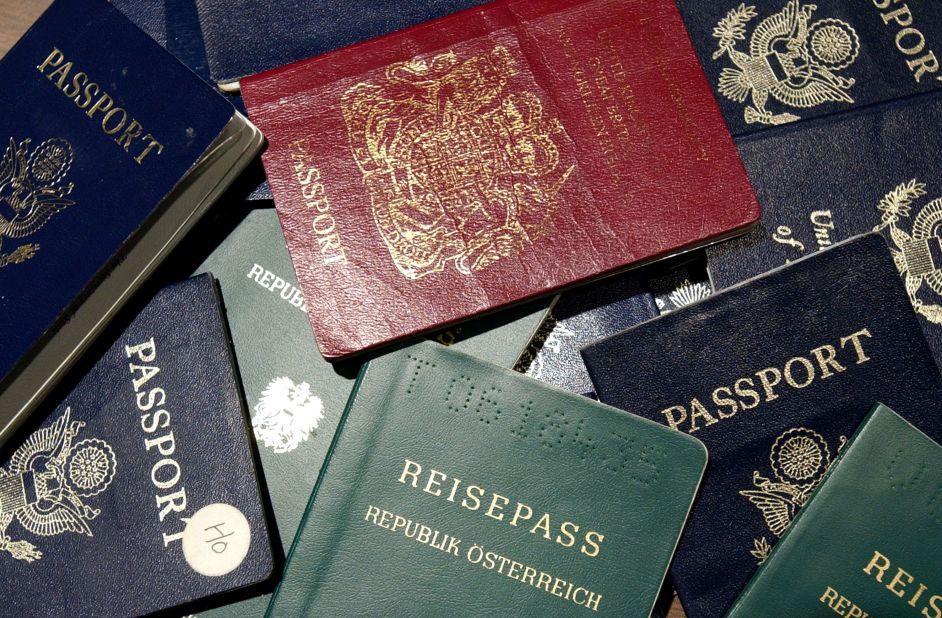Having a passport with limited travel privileges can significantly restrict your options when it comes to exploring the world. This issue is particularly prominent in certain African regions, where citizens holding stronger passports enjoy the convenience of visa-free or visa-on-arrival access to numerous countries, making travel more accessible.
Individuals from countries with weaker passports often encounter obstacles such as cumbersome visa application processes, increased expenses, and prolonged waiting periods to visit different destinations.
The impact of weaker passports extends beyond individual travelers and can have economic ramifications for both individuals and their nations. Travel restrictions can impede the growth of tourism by restricting the influx of foreign visitors and their contributions to local economies.
Furthermore, individuals with restricted travel opportunities may encounter challenges when seeking to explore new markets, potentially hindering entrepreneurial endeavors and business expansion.
As our world becomes increasingly interconnected, many Africans recognize the potential advantages of enhancing their passport strength. However, some countries on the continent face difficulties in improving the strength of their passports.
Various factors contribute to the weakness of passports, including political tensions, diplomatic issues, and security concerns, among others.
Henley and Partners, a firm specializing in residence and citizenship by investment, recently published its passport index for the first quarter of 2024. The report sheds light on the ten African countries currently possessing the weakest passports.
“The Henley Passport Power tool features 199 countries and relies on World Bank and other publicly available national GDP data as well as Henley Passport Index data.”
| Rank | Country | Economic Mobility Score (Visa-Free Access to Global GDP) | Global Visa-Free Access (Out of 226 Destinations) | Global Rank |
|---|---|---|---|---|
| 1. | Nigeria | 1.47% | 45 | 176th |
| 2. | Somalia | 1.93% | 36 | 175th |
| 3. | Libya | 2.12% | 40 | 174th |
| 4. | Sudan | 2.45% | 45 | 173rd |
| 5. | South Sudan | 2.56% | 46 | 171st |
| 6. | Eritrea | 2.77% | 43 | 170th |
| 7. | Cameroon | 2.88% | 53 | 169th |
| 8. | Democratic Republic of Congo | 2.96% | 46 | 167th |
| 9. | Liberia | 3.12% | 51 | 166th |
| 10. | Burundi | 3.17% | 51 | 165th |
